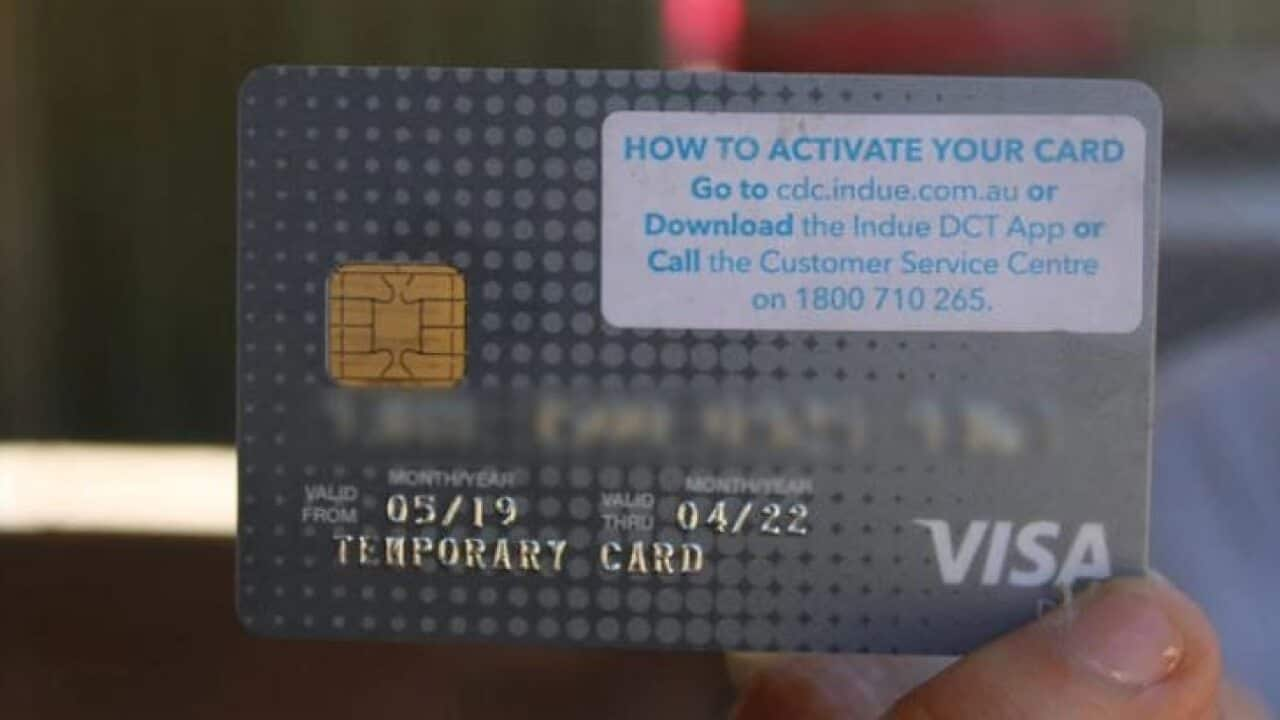A senate inquiry into the government’s cashless welfare card bill is looking at making the trial program permanent and move people receiving benefits in the Northern Territory and Cape York onto the card.
The card quarantines 80 percent of welfare payments so that the money can only be spent on essential items.
Professor Tony Dreise, from the Australian National University’s Centre for Aboriginal Economic Policy Research said the rollout of the cashless card was based on ‘anecdotal’ and ‘flimsy’ evidence.
“Rigorous and reliable evidence does not stack up. It does not show that the cashless debit card has had a positive impact," said Professor Dreise.
He said the government had failed to have proper meaningful engagement with Indigenous communities.
He referred to Scott Morrison’s speech earlier this year when the Prime Minister signed up to the National agreement on Closing the Gap.
“Governments in Australia made a promise to share decision making on policies that affect our people, with our people.
The Guumilaroi and Euahlay man said the cashless welfare card risks tearing up the Closing the Gap agreement signed in July by all Australian governments.
“This bill risks breaking this promise. Just months after the agreement was signed.
“Commitments to a new relationship with governments and First Nations peoples need to be taken seriously when considering the current bill before the parliament,” said Professor Dreise.
Theresa Roe from the Aboriginal Peak Organisations of the Northern Territory told the inquiry that income management risks disempowering First Nations people.
She said more than a decade of income strategies and work for the dole schemes have failed to deliver on promised benefits for communities.
“We have experienced income management for the last 13 years and it has created more harm than good.
“Over this period poverty and unemployment has worsened...it has been a vehicle for disempowerment and continuing trauma and stigmatisation.
Ms Roe said she was ‘alarmed’ the federal government planned to roll out the scheme out across the NT and triple the number of people on the program.
“The cashless welfare card has not even been adequately evaluated and yet the government wants to rush to legislate this.”
She said the cashless welfare card could undermine the government’s unprecedented agreement to share decision making and tackle disadvantage.
“We need the government to work with us to invest and create real employment and training opportunities," said Ms Roe.
Voluntary sign up to the card could work according to the Cape York Institute’s Prue Briggs who said five communities in the region had signed up for income management programs.
“What we have found to work is the ability to give communities the ability to opt in - and that’s why we are operating in five communities and not all communities in Cape York,” Ms Briggs said.
Under this program , the Family Responsibility Commission can put people on welfare on income management but the program works differently than other forms of income management.
A small number of people are on the cards, and people are able to be removed if they fix the problems that led to them being put on the card - such as not sending their children to school, not paying rent or being convicted of an offence.
The Minderoo Foundation organisation set up by mining magnate Andrew Forrest told the inquiry that the card can have a positive impact on Indigenous communities.
Noongar woman, Shelley Cable, Chief Executive Officer said the card helped Indigenous families make better choices for themselves and their families.
Ms Cable said it was having a positive impact in communities.
“I disagree that there is no evidence... If you spend time in some of these trial sites it becomes very clear of the impact it's having.
“Our support is based on what we have seen and heard first hand.”

